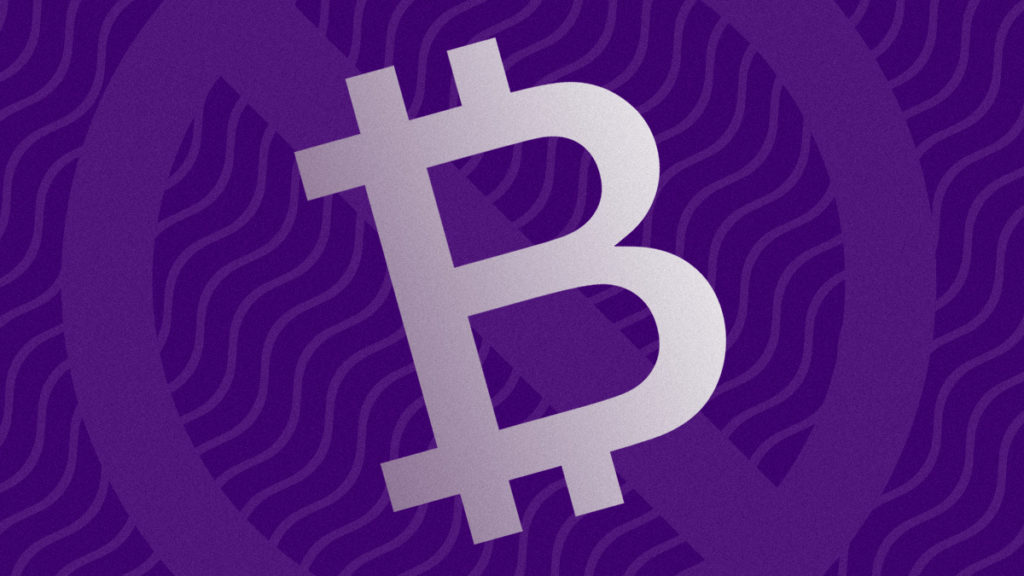The Bitcoin craze is petering out: to protect users from the unregulated, dangerous cryptocurrency markets currently exploding, Twitter has reportedly joined Facebook and Google in banning all cryptocurrency ads on its platform, according to a report by Sky News.
Facebook has disallowed all ads related to cryptocurrency since late January. “Misleading or deceptive ads have no place on Facebook,” Rob Leathern, the company’s product management director, claimed in the announcement.
Announcing a policy update just last week, Google took a softer approach for several other financial products in addition to cryptocurrency ads. Beginning in June, advertisers must be licensed and certified by AdWords to purchase any advertisements related to cryptocurrencies.
Google’s announcement did not declare its reasoning for harsher restrictions, but given the other types of financial products it clamps down on, it is treating cryptocurrencies in the same manner as other commonly fraudulent illicit betting institutions.
According to SkyNews, Twitter will implement its own prohibition in the next two weeks, unilaterally banning any and all ads related to initial coin offerings, sales or cryptocurrency wallets—essentially, any and all services related to Bitcoin and others like it.
It’s no surprise that digital platforms are starting to take action on unsafe alt-coins. Morgan Stanley has described the current cryptocurrency market as like the dot-com bubble, but “15 times faster,” and The Outline reported on “pump and dump” groups that exist exclusively to scam of cryptocurrency neophytes. In the UK, cryptocurrency scammers have driven a 400,000 percent increase in “binary option” fraud in just six years.
Chinese web companies like Alibaba, Baidu and Tencent have prohibited cryptocurrency ads for much longer, as have smaller American companies like Amazon and Oath. Interested advertisers will be limited to Microsoft and Snapchat, though according to Recode the latter is “currently evaluating [its] position on cryptocurrency advertising.”

